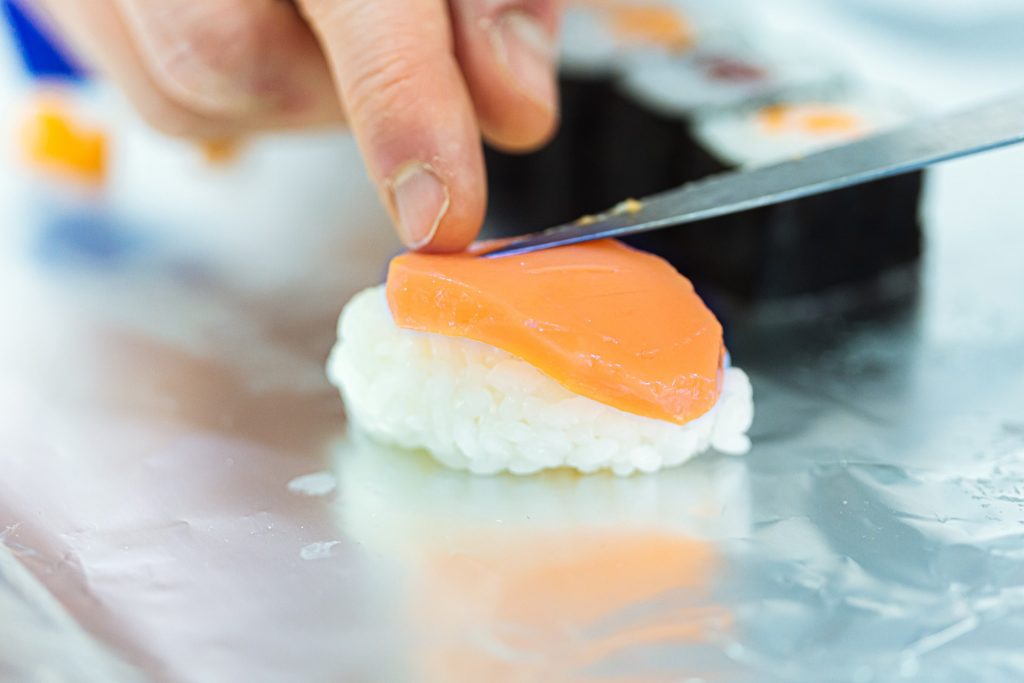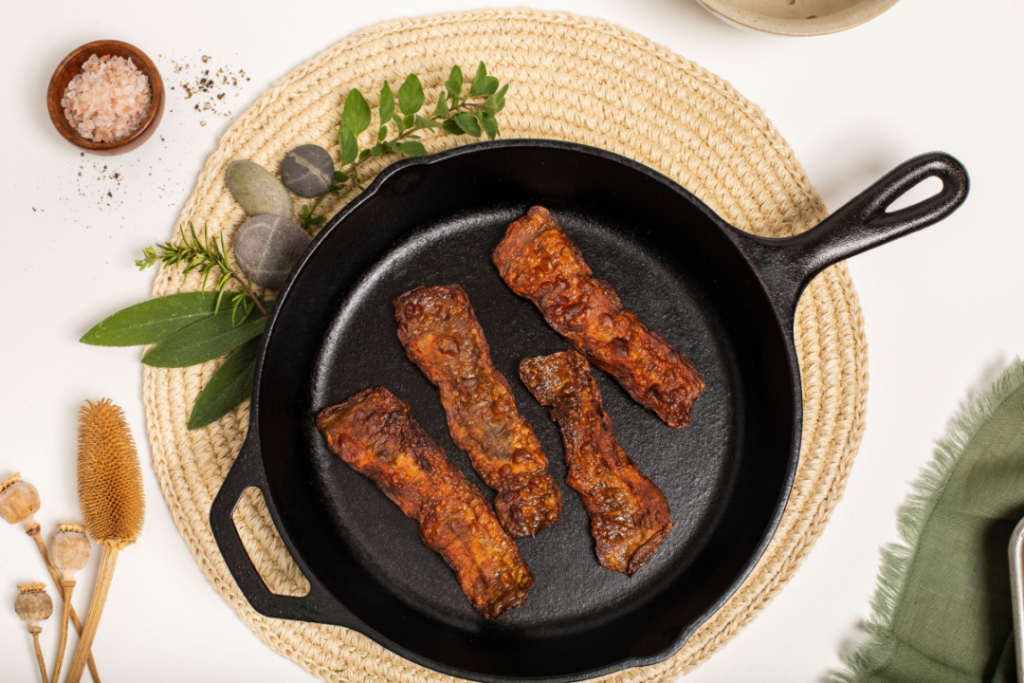We’ve been analysing the successes, achievements, and innovations of the last year (it was a BIG one) and looking ahead to the alt-protein food-tech trends of 2022. Put simply, there’s a lot to be optimistic and get excited about. Raises are getting bigger, new technologies are making whole new generations of products possible, and there are more startups entering the alt-food space than ever before.
The health of our planet is now reported to be the number one global issue for consumers. Sustainability is a monumental, overarching topic for the whole of the food industry and it’s driving a lot of innovation (and the investment to support it, too). For many consumers, sustainability is a top purchase driver, and for others, it clinches the deal when choosing between products.
Consumers are also becoming more demanding (in a good way). Whether it’s for health, environmental, animal-welfare or taste reasons, people want clean labels, functional foods, and more animal-free options.
This is all at a time when alternative-protein sources are of vital importance. Last year, global animal meat production was responsible for nearly 60% of food-related greenhouse gas emissions.
As the alt-protein industry matures, what food-tech trends can we expect to see in 2022? Let’s take a look.
More capital for food tech
Following record levels of investment in 2021, even more capital will flow into the alt-protein space this year. Some companies are already raising impressive amounts. Future Meat Technologies raised $347 million for cultured meat at the end of 2021, and in its lifetime Impossible Foods has attracted over $2 billion in funding.
As the industry and individual companies mature, we expect to see even bigger rounds at both the seed and later stages. There is also likely to be more IPOs and acquisitions this year, as well as a growing number of individuals and celebrities investing in plant-based and cultivated meat, in addition to institutional investors.




